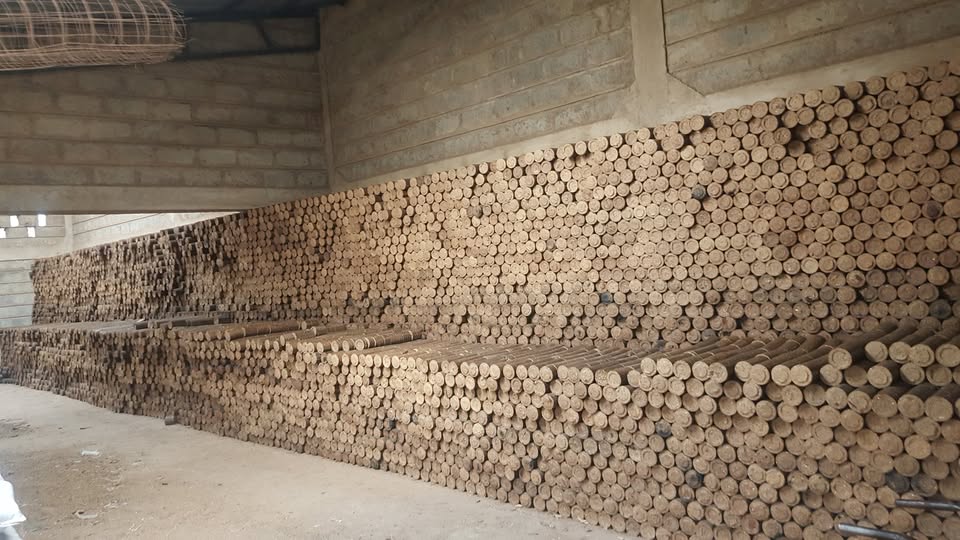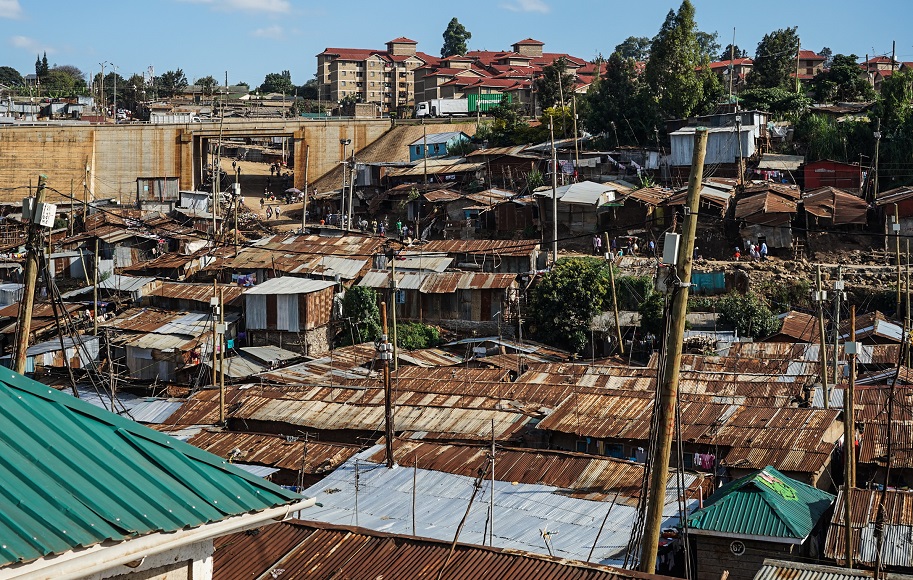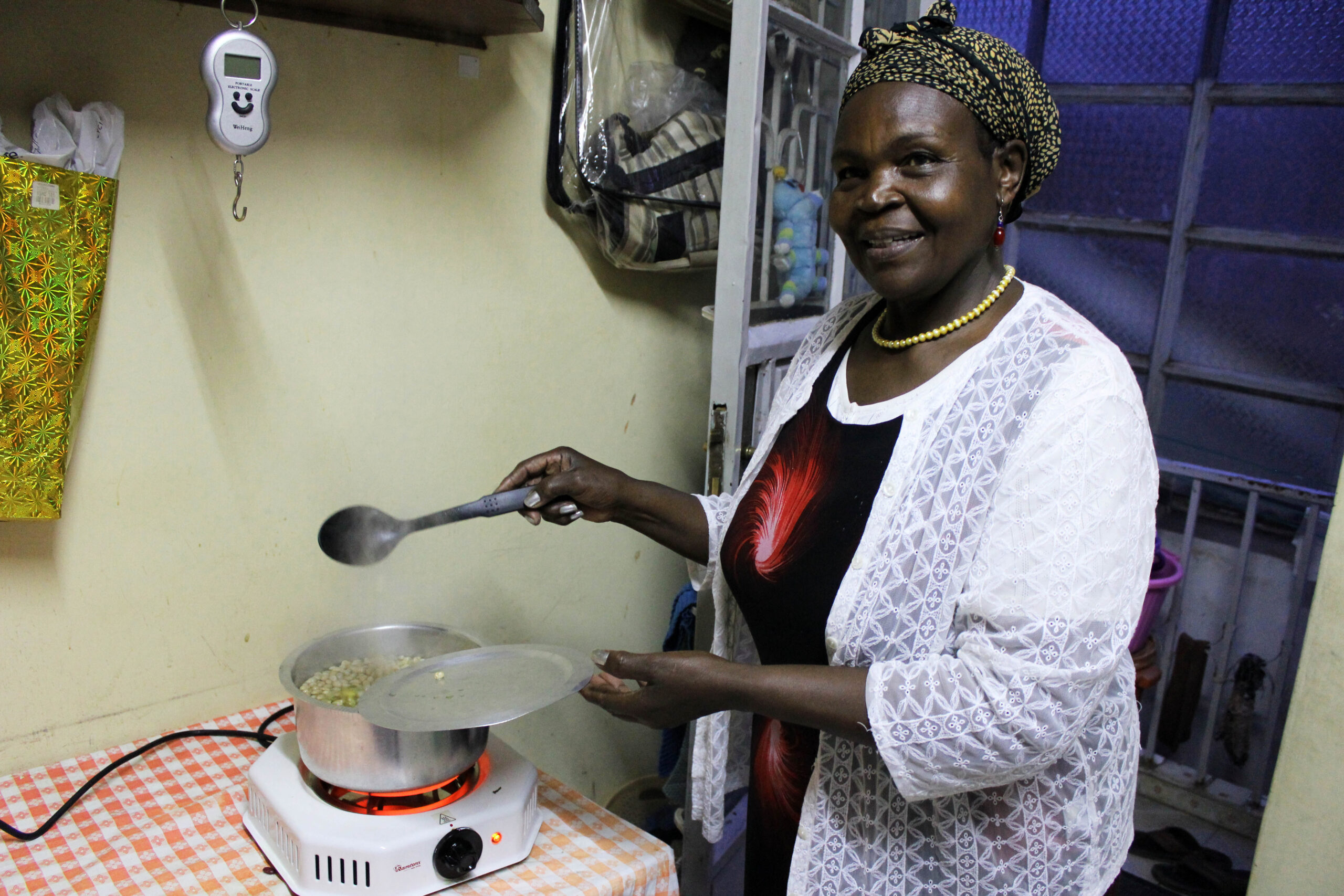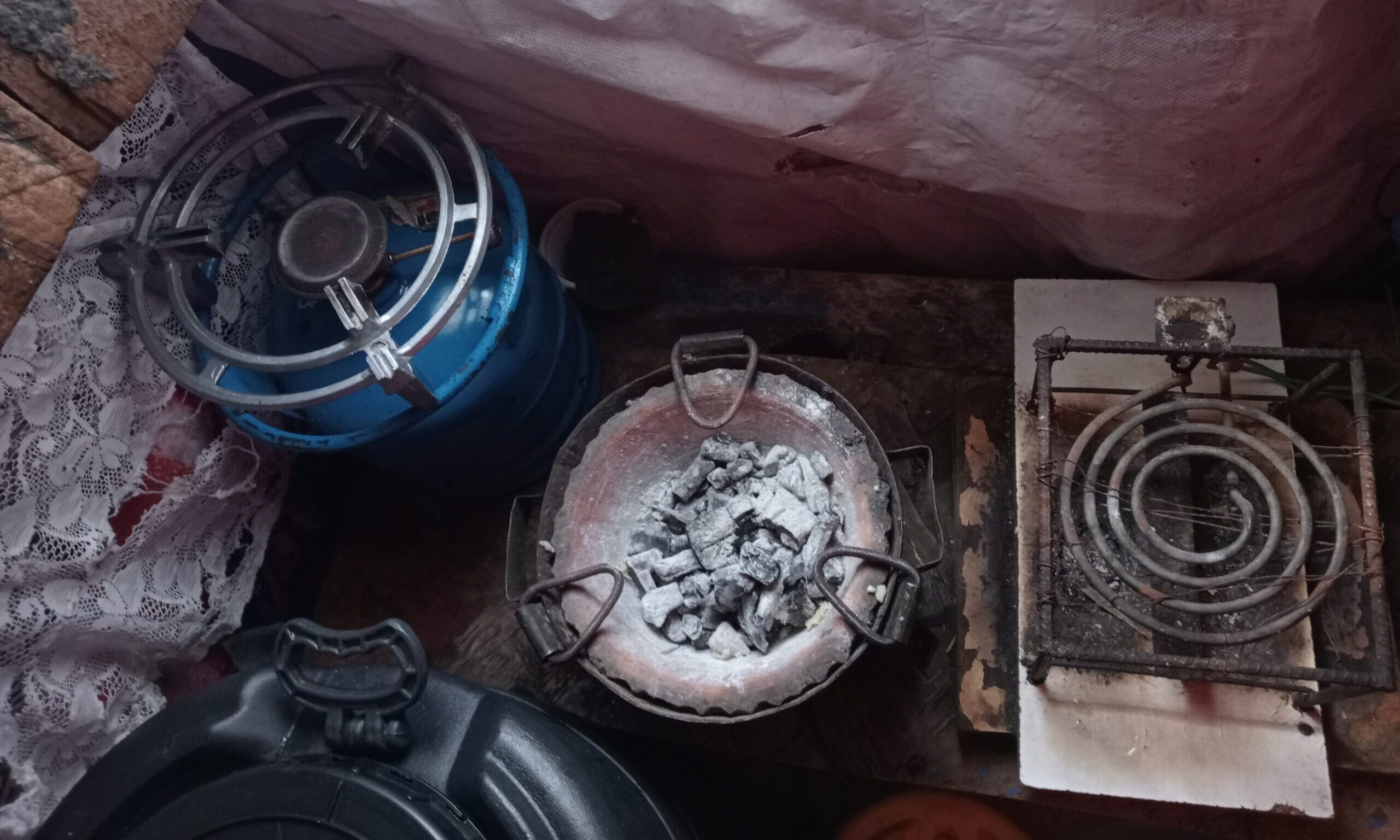project details
Community Resilience Pathways in Nairobi’s Informal Settlements
Research Area
Project Status
Completed
Start Date
2023

Introduction
This research project explored and compared the evolutionary processes through which two large informal settlements in Nairobi became more resilient to shocks and disturbances. The aim was to understand the pathways followed and coping strategies employed in these settlements.
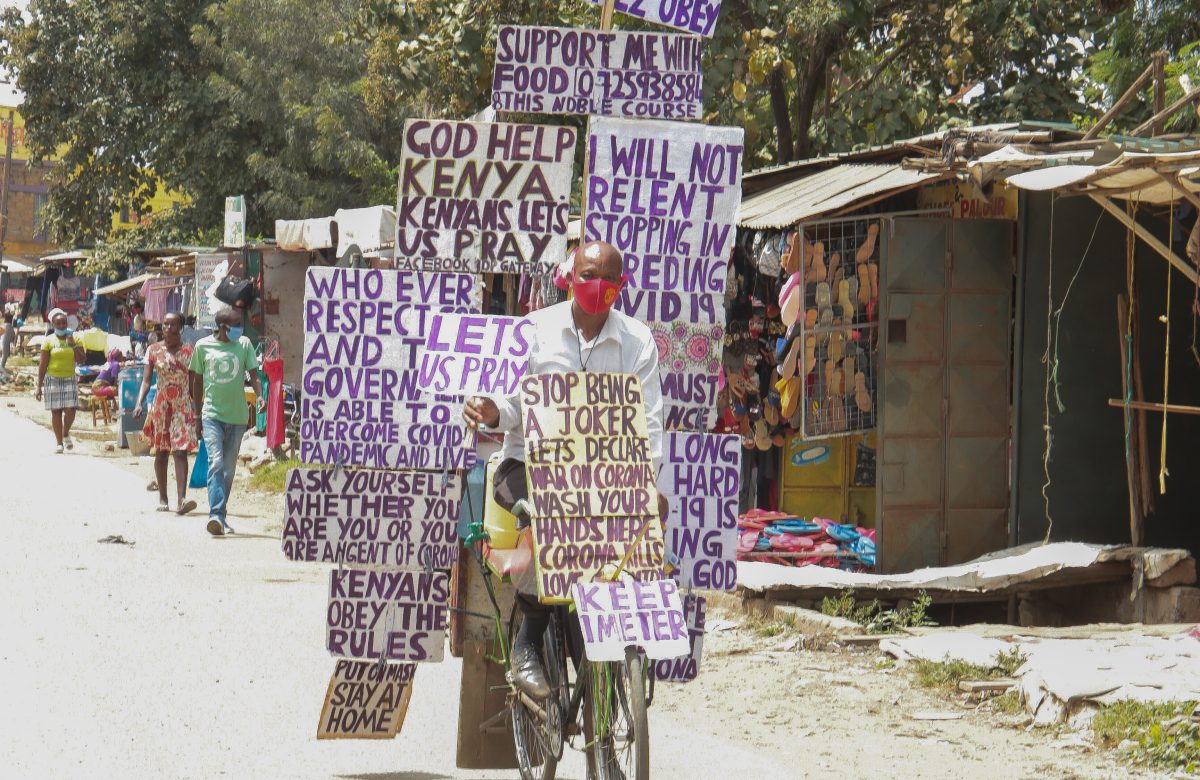
Objectives of the Study
The study focused on the dynamic nature of slums and informal settlements, where inhabitants are exposed to multiple interacting shocks. It aimed to research how different coping strategies emerged and varied across space and time, with a particular focus on vulnerabilities related to health, safety, and livelihoods. The principal inquiry was centred on understanding how historically situated smart and frugal people, technologies, and modes of governance explained differences in community resilience in Nairobi’s informal settlements.
Resilience in informal settlements gained increasing attention, especially in light of the Covid-19 pandemic. As scholars explore the vulnerability context of informal settlements and coping strategies against crises, the heterogeneity of slum communities and the evolution of coping strategies over time are seen to complexify resilience.
The study unravelled this complexity in two ways:
- By drawing together frugality and smartness as conditions of community resilience in the informal context.
- Unpacking historical processes that impact community resilience.
Methodologies
Through a multiple case study in four Mtaa’s (villages) in Mathare and Korogocho informal settlements in Nairobi, the research explored the co-evolution of the vulnerability context, coping strategies and resilience outcomes from the late 1970s onwards to the new millennium. It further assessed the extent to which coping strategies enable communities to survive, adapt, and thrive through positive transformation.
The research employed a systemic participatory research approach, co-produced through collaboration between VCC, International Center for Frugal Innovation (ICFI), and Ghetto Foundation. Data collection, transcription, and coding were conducted by community researchers, with analysis and presentation by researchers at ICFI.
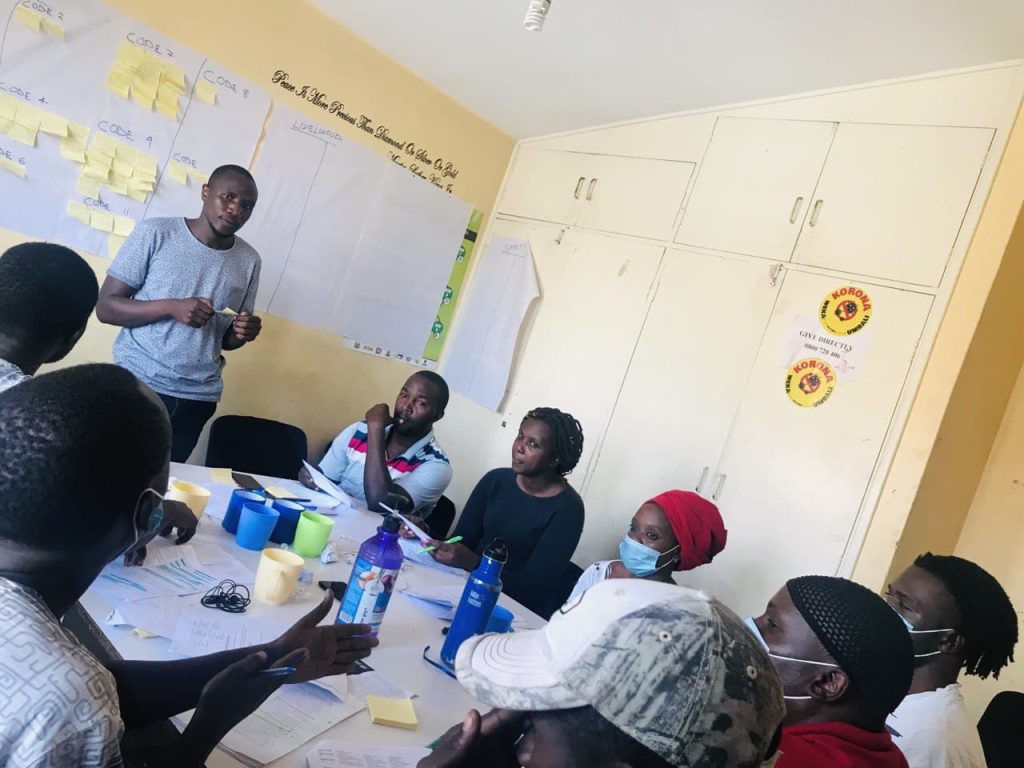
Impact
The research made significant theoretical contributions to scholarly works on resilience in informal settlements and practical contributions to upgrading initiatives of informal settlements.
Understanding Agency: The research emphasised that informal settlements are not just vulnerable spaces but also sites of invention, where communities demonstrate agency in responding to and coping with shocks.
Redefining Resilience: A robust understanding of resilience in resource-constrained settlements was developed, which considered slum-specific differences and dynamics, as well as historical processes in resilience-building.
New forms of Inequalities: The research identified unique forms of inequalities within informal settlements, particularly regarding vulnerability and coping capacity among households.
Contributing to the upgrading of informal settlements: Practical insights were offered on making Nairobi’s informal settlements more robust and adaptive to shocks and disturbances, informing evidence-based, participatory processes for policymakers.
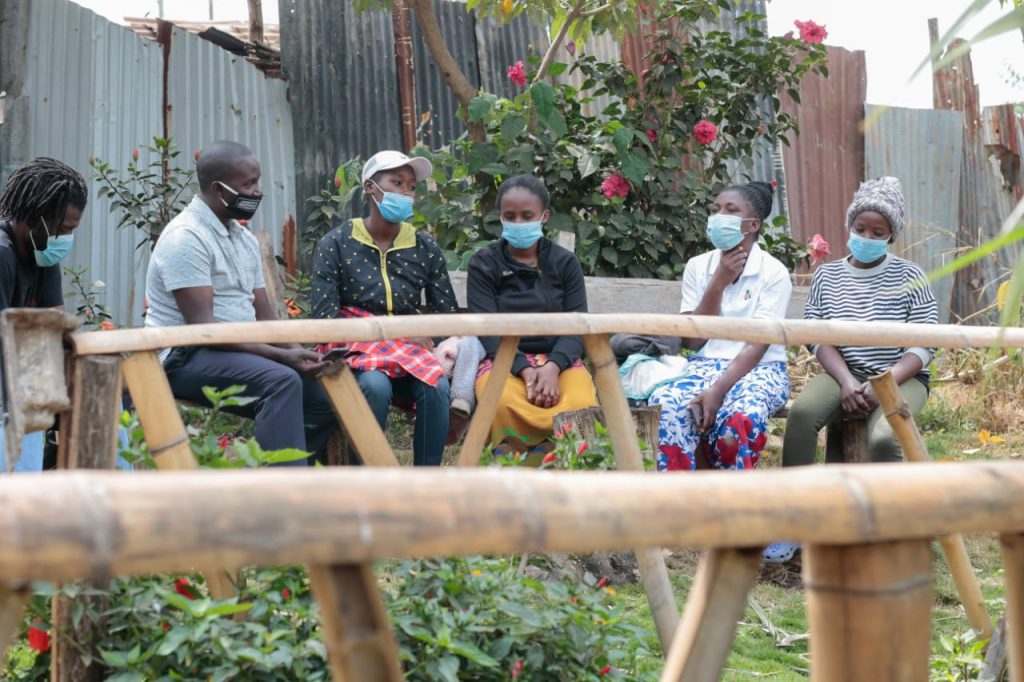
Project Team and Outreach
The project team engaged in various outreach activities, including conferences and community dialogues, to disseminate research findings and contribute to evidence-based advocacy and planning for settlement upgrading. The project was funded by Vital Cities and Citizens.
See More Projects
Physical Address
No. MK088, Ushindi West Avenue,
Mukuyu Rd (Mukuyu West Wing), Thome 1
Nairobi, Kenya
Organization
Subscribe for newsletter & get news, events and publications updates
Contact Us
Office Tel: (+254) 20 8009928 |
Mobile: (+254) 706 324 467
© 2026 Nuvoni Research

